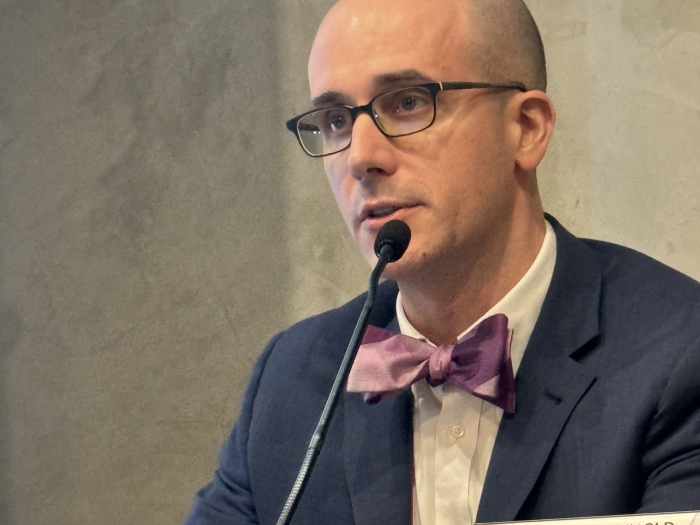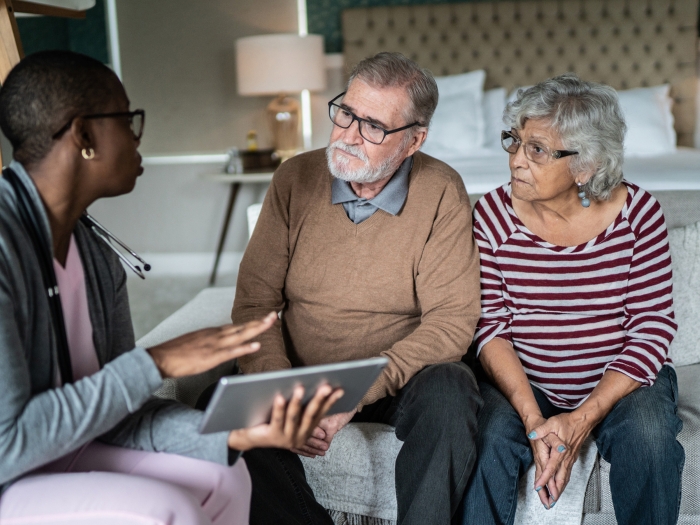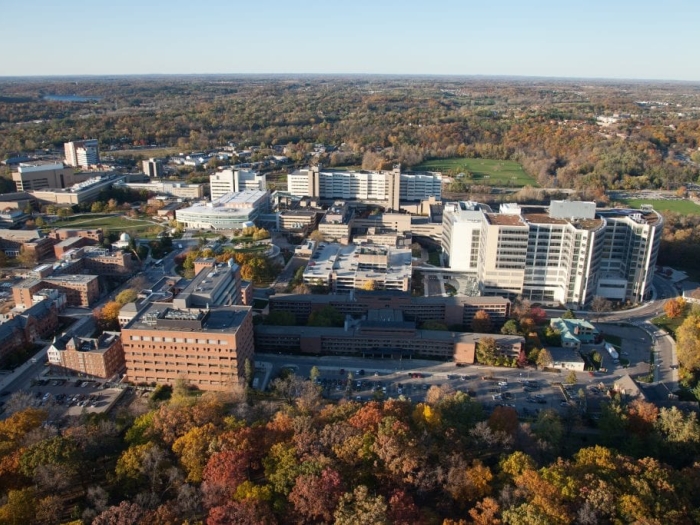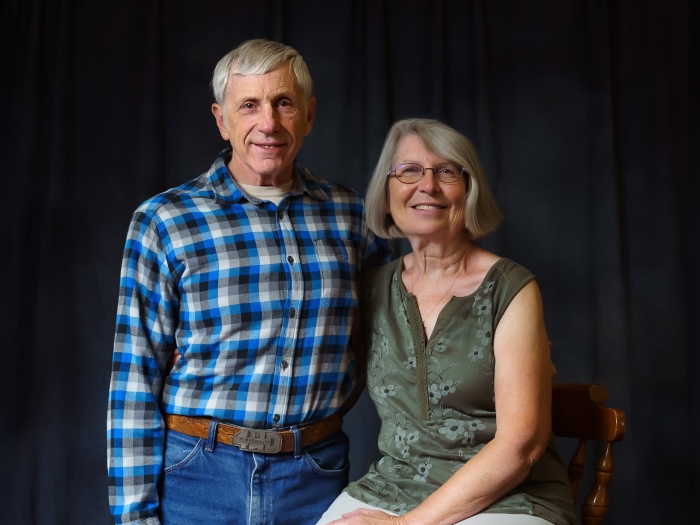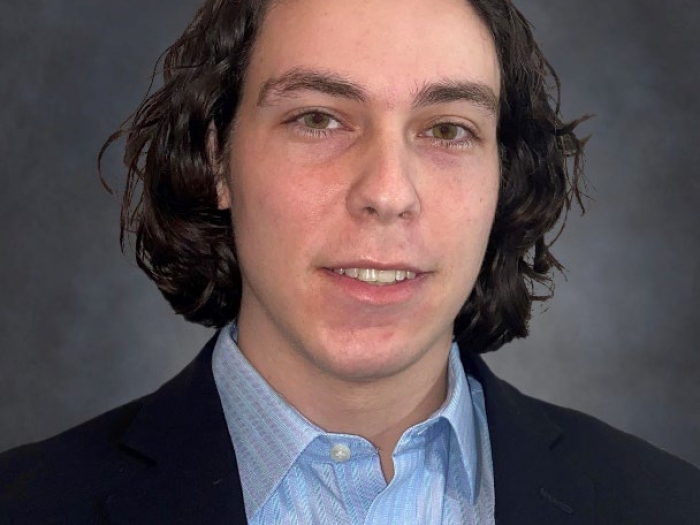You know those days that you spend forever planning, and then they're over before you know it?? I had one of those this past Saturday. Here's the story.
I've spent the past seven months on leave from class doing research with the Michigan Opioid Prescribing Engagement Network (Michigan OPEN), a group started by three faculty members here at the University of Michigan who wanted to develop a preventative approach to the opioid epidemic by improving post-operative and acute care opioid prescribing practices. Now in our second year, we work to accomplish these goals through education, development of prescribing guidelines, quality improvement interventions and safe disposal. This past Saturday, our efforts to promote safe disposal culminated in our largest state-wide medication take-back event yet with 27 different sites in 17 counties participating. Some of these sites had collaborated with us several times before, others - like the one I organized - joined for the first time.
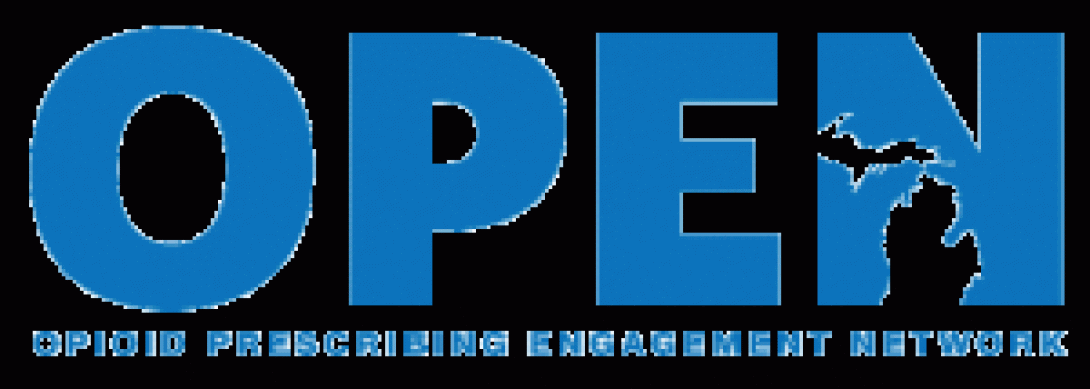
Some of the pills we collected and passed off to the Pinckney police for safe disposal.

Given the risks associated with keeping leftover prescription medications at home, and a general public unawareness of proper disposal options - like authorized drop-off sites in your area - I think there's a lot of value in organizing local take-back events. These initiatives go where people already are, making the drop-off process easy, and providing education on safe disposal through a friendly, community-based approach. Having volunteered with the UM Student Run Free Clinic (UMSRFC) for the last two years, I especially wanted to bring Michigan OPEN's take-back events to Livingston County. With the support of the UMSRFC, the local board and police, and the Michigan Institute for Clinical and Health Research, I managed to get the village of Pinckney added to our list.
Organizing the event involved weeks (or was it months?) of conference calls, ordering supplies, designing flyers, and lots of tweeting. When April 28th arrived, it was - of course - cloudy and freezing. But our wonderful student volunteers and police officers came with plenty of enthusiasm. By the end of the day, 20 people had dropped off medications, and we had collected nearly 9 pounds of pills, including 638 opioids. More importantly, we had many valuable conversations with community members on what compelled them to come, and how to take action in the future. Some had heard about our event by social media or local news, others had simply seen us as they drove through town. Many took our information sheets on year-round disposal sites in Livingston County. And nearly all asked when we would return.
While the exact date is still TBD, our team is already looking forward to our next Medication Take Back Event at the Pinckney Town Square Park, across the street from our little clinic. Our first event might have been small, but it unquestionably made an impact. We collected thousands of pills and brought people together to talk about our future goals for the community. The solution to the opioid crisis feels distant, but I believe it starts close to home, through initiatives in the spaces where we already work. It will be through collaborative efforts - like our event on Saturday - that we will manage to make a lasting impact.
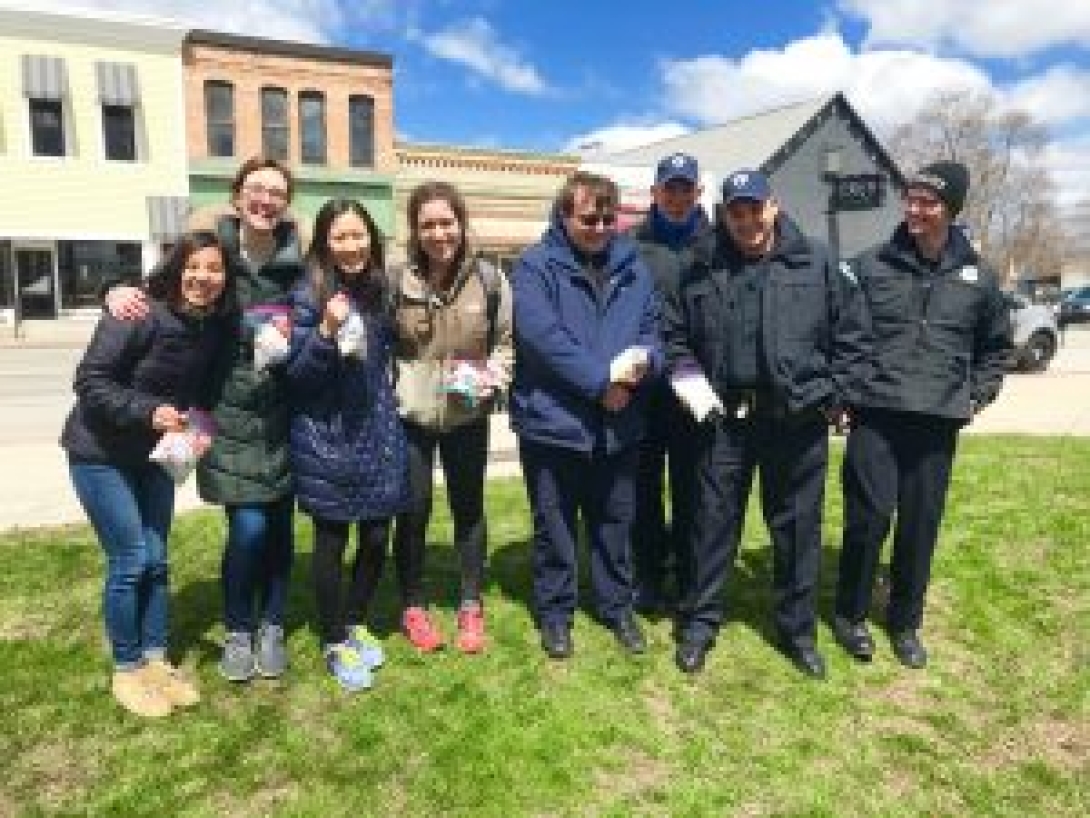

Department of Communication at Michigan Medicine
Want top health & research news weekly? Sign up for Health Lab’s newsletters today!

